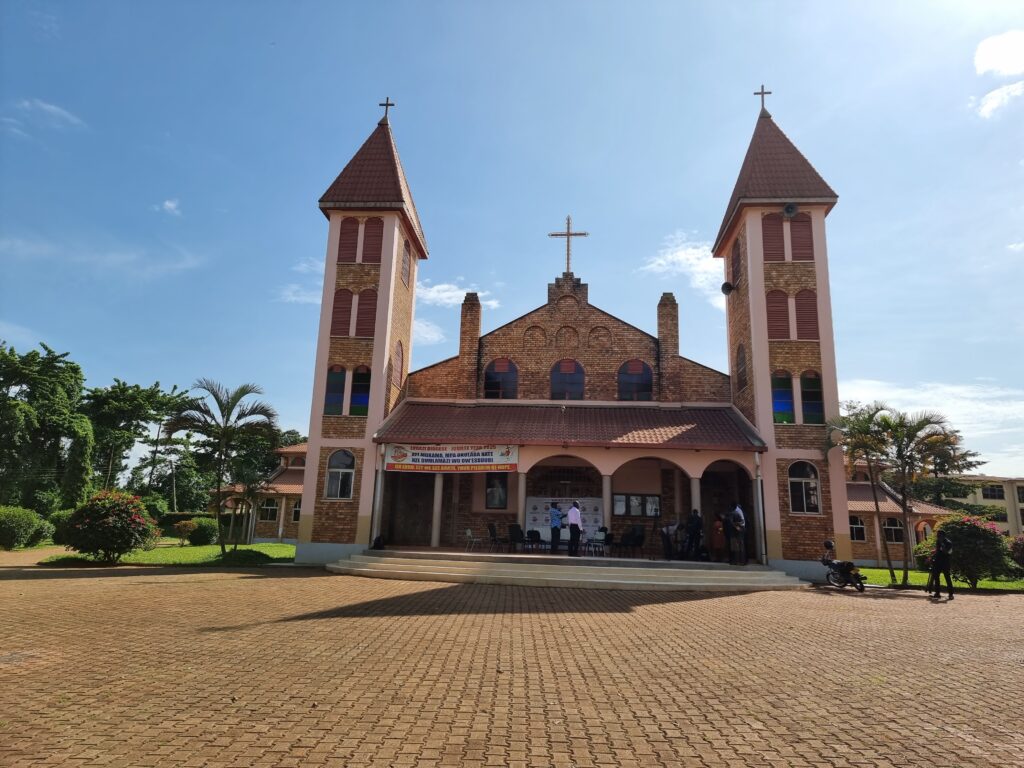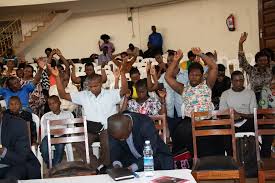
KAMPALA.
Government has revealed that it is in final stages of regulating all religious institutions in the country.
The new policy , Religious Faith Organisations (RFO) policy is informed by reports of manipulation of followers, financial impropriety and propagation of harmful doctrines in churches.
RFO policy was introduced in 2016, but has since then met stiff resistance from a section of born-again church leaders who view it as an infringement on their inherent right for freedom of worship .
In June 2015 , President Museveni instituted a fully-fledged department of religious affairs at the Directorate of Ethics and Integrity and appointed a director for religious affairs to monitor and regulate and advise the government on activities and operations of the religious faith organisations.
On June 4, 2025, the Directorate for Ethics and Integrity, Office of the President, held a pre-validation consultation meeting at Hotel Africana , Kampala over the policy ahead of the national validation exercise scheduled for June 26, 2025.
The meeting attracted officials from the Uganda Human Rights Commission, the Inspectorate of Government (IGG), the Directorate of Public Prosecution (DPP), judges, Uganda Human Rights Commission, NIRA, and Members of Parliament, among others.
Speaking at the opening of the consultations, the Under Secretary, Directorate for Ethics and Integrity, Mr Joel Wanjala, said there are growing concerns over the misuse of religious platforms, among others, that call for urgent attention to streamline.

“Some clerics misuse of religious platforms for personal gains, manipulation of followers and even financial impropriety and propagation of harmful doctrines. Now this situation cannot continue like this,” he said.
According to Mr Wanjala , the risks coupled with the absence of a structured mechanism for engagement pose a threat to public order, citizen welfare and national unity.
The National NGO policy 2010 identified the above-mentioned gaps ,but excluded the registration of faith-based organisations, except those who engage in Non-Governmental activities.
The same highlighted the need for a distinct legal and administrative framework that would adequately address spiritual and operational dimensions of the religious institutions, and to date, no such tailored policy has been instituted.
Rev. Canon Aaron Mwesigye, the director for religious affairs, attributed the delay to have this policy in place to dissenting views.
“It is an emotive and sensitive policy. So, we thought it wise not to rush it,” he said.
He argued that as much as there is freedom of worship in the country, the constitution does not spell out how this freedom should be exercised.
Mr Stephen Tanyebwa, the public relations officer, Phaneroo Ministries, however, said there are issues that need to be aligned before the policy is enforced .
“When you look at the issues related to criminality in the Church, this cannot be a basis for us to bundle the entire Church. If a pastor has been caught in any criminality, we believe there other laws already that can address these issues without necessarily coming up with another regulation,” he said.

The deputy IGG, Dr Patricia Achan Okiria who was part of the consultations, said the policy will strengthen the relationship between the government and religious institutions.
“The policy recognises the significant contribution these institutions make in the country in terms of medical, health care, infrastructural development in terms of education and so on, but there is a need to regulate to ensure that everybody is in harmony,” she said
She arrayed fears of some religious leaders saying the policy is not intended interfere with the offertory collections and how faith-based institutions conduct business.